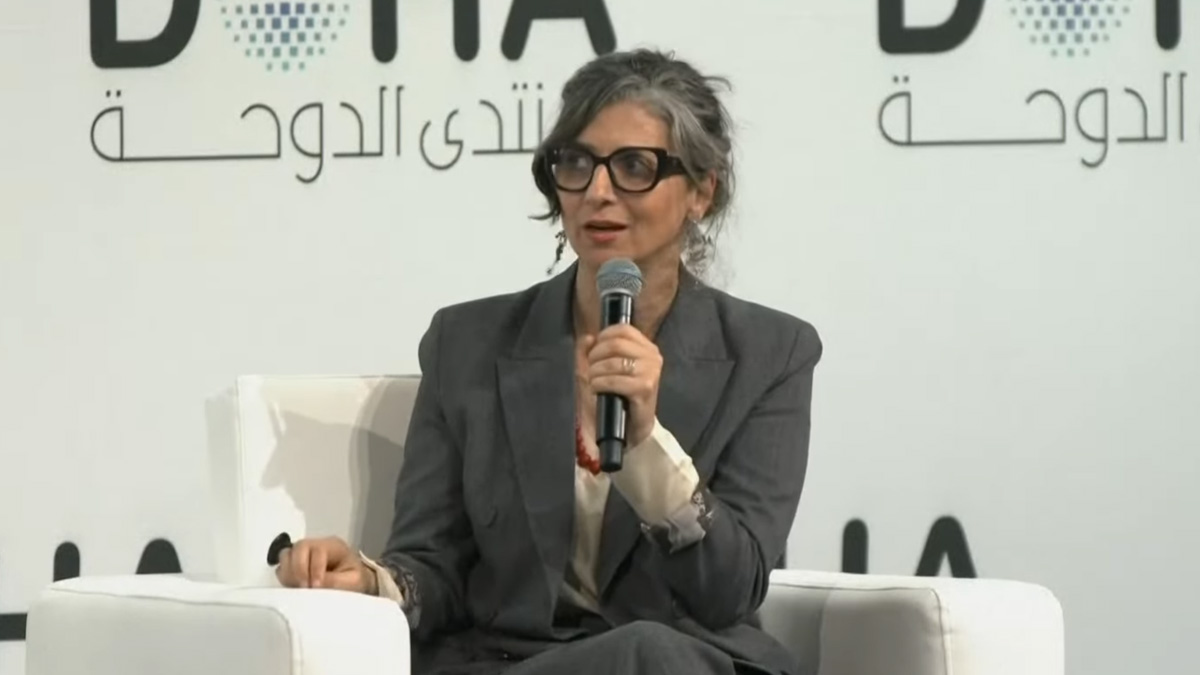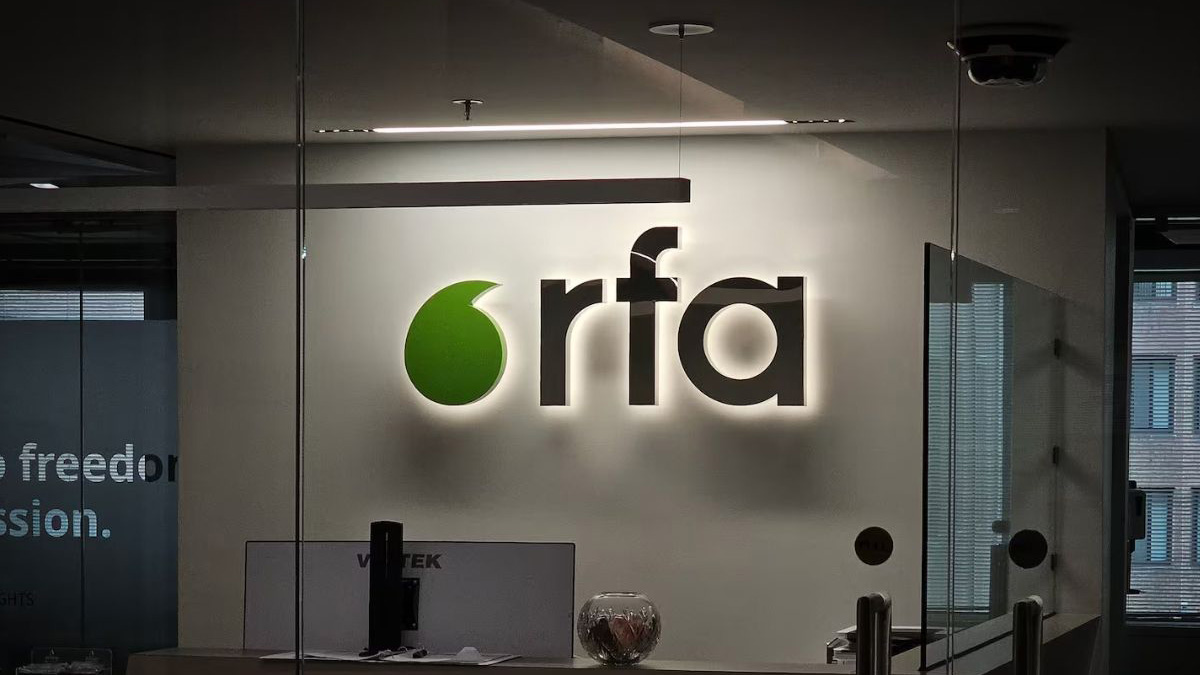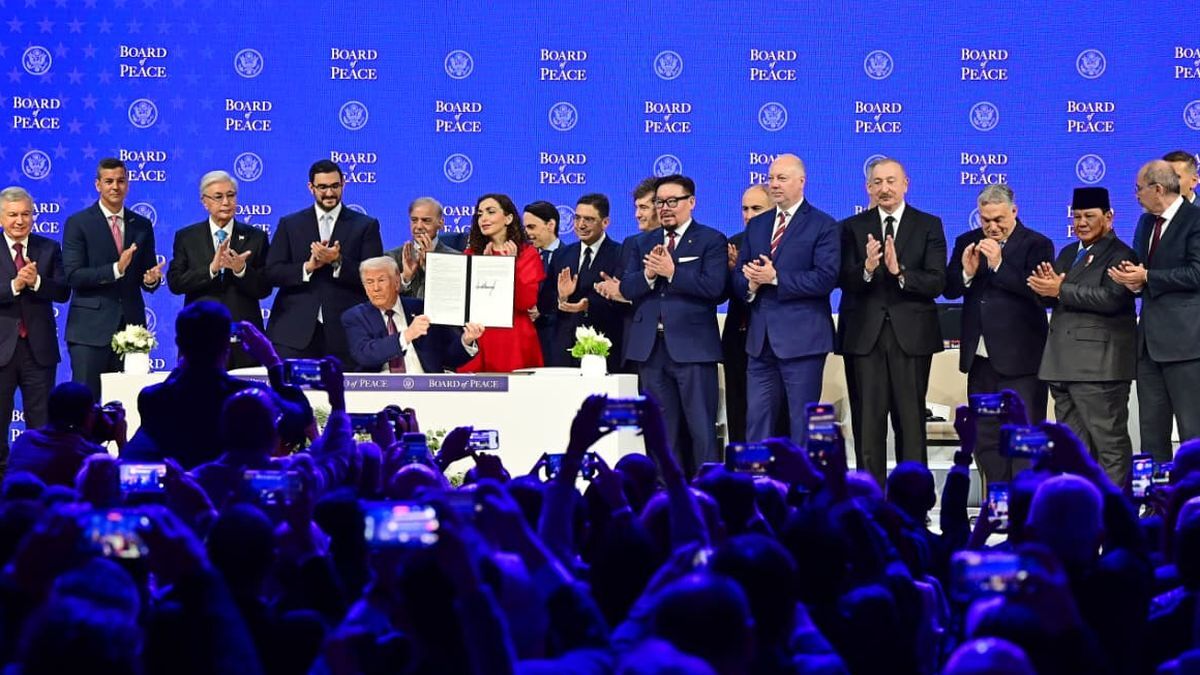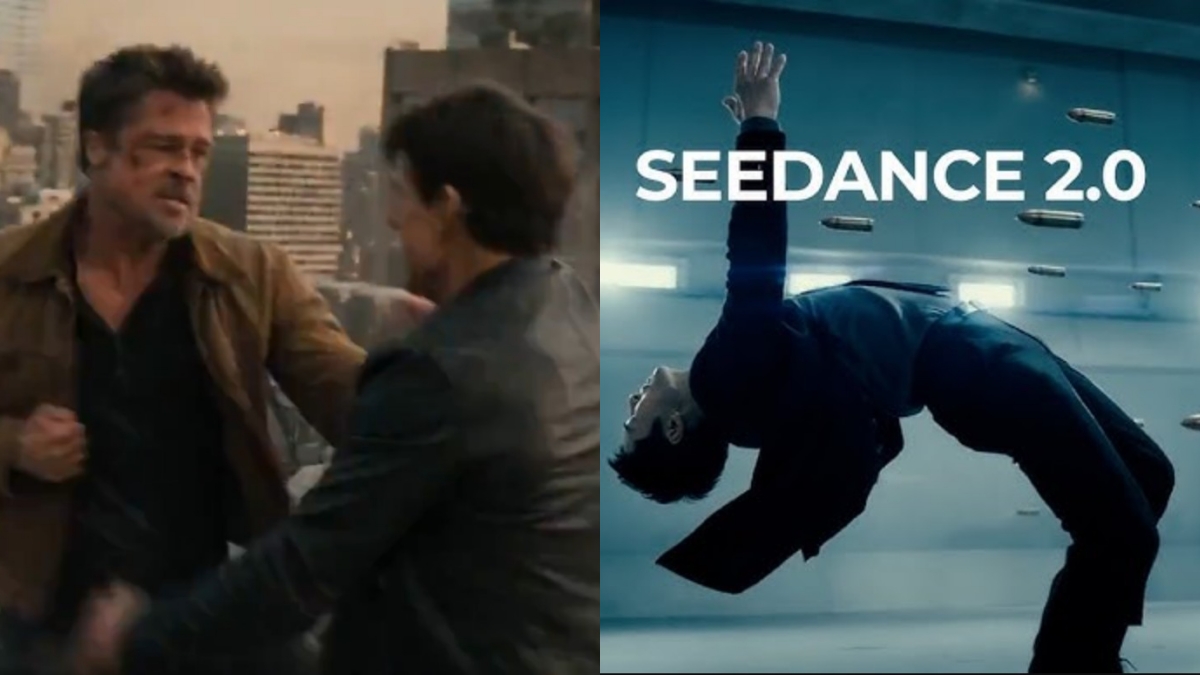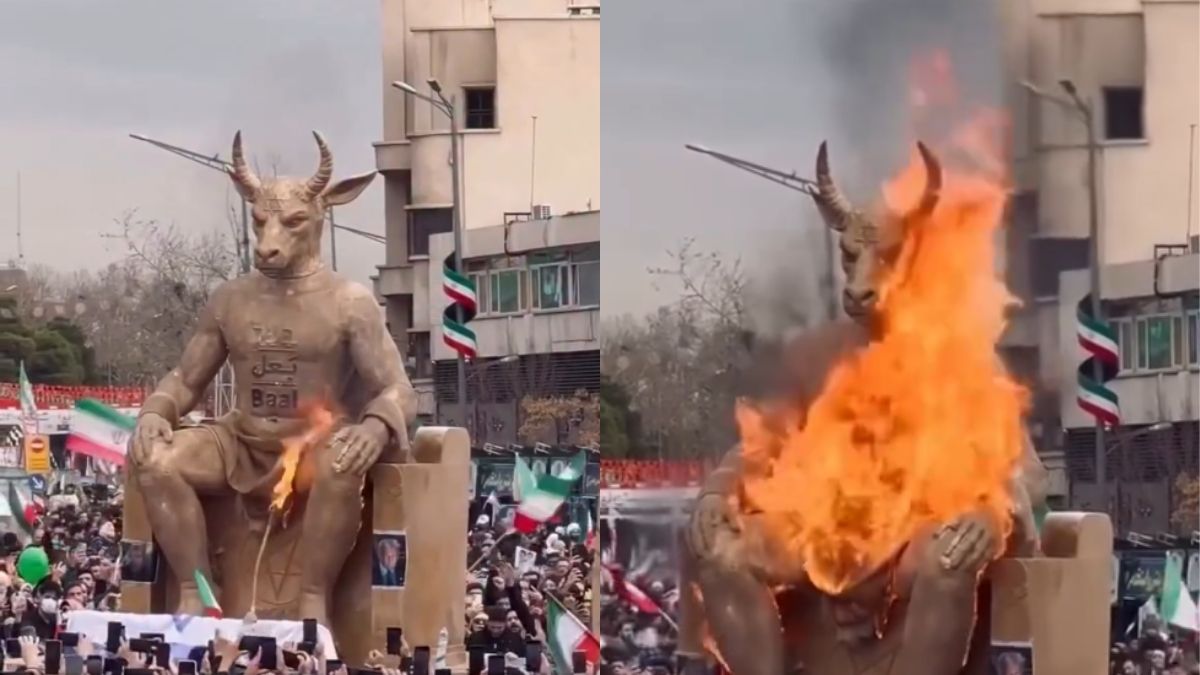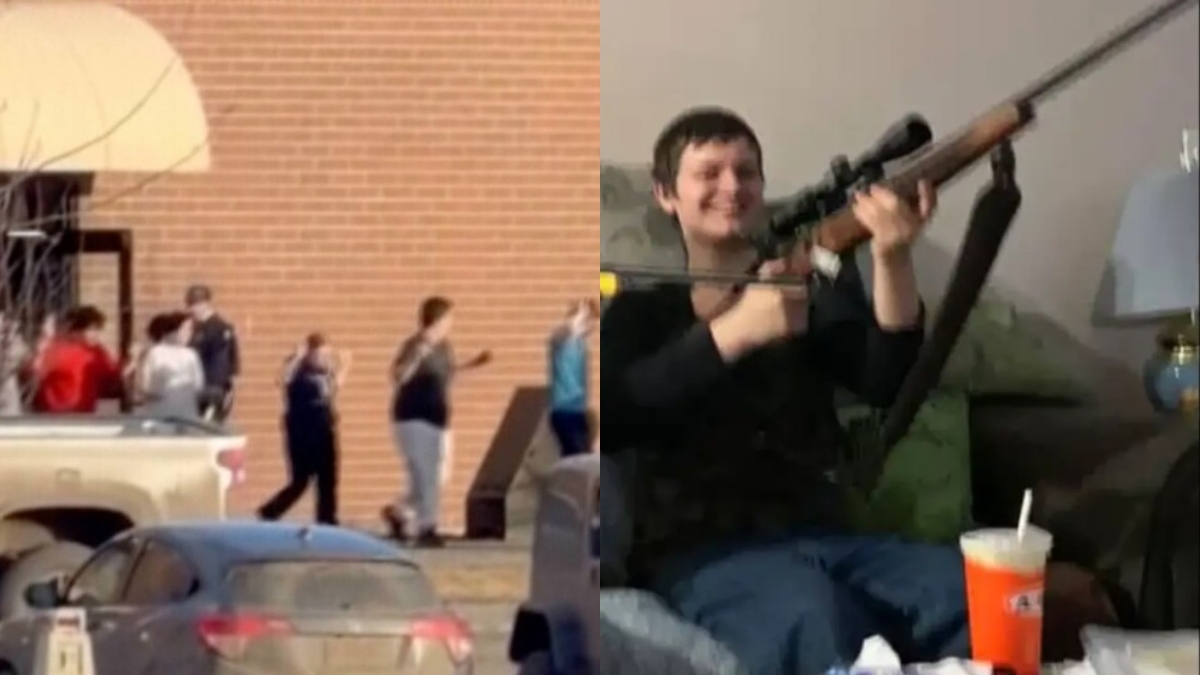Former UK Special Forces soldiers allege war crimes by SAS and SBS in Iraq and Afghanistan
Former SAS and SBS soldiers have accused UK Special Forces of committing war crimes in Iraq and Afghanistan, including executing civilians and detainees. The Ministry of Defence has pledged cooperation with an ongoing inquiry but declined to address the specific allegations.
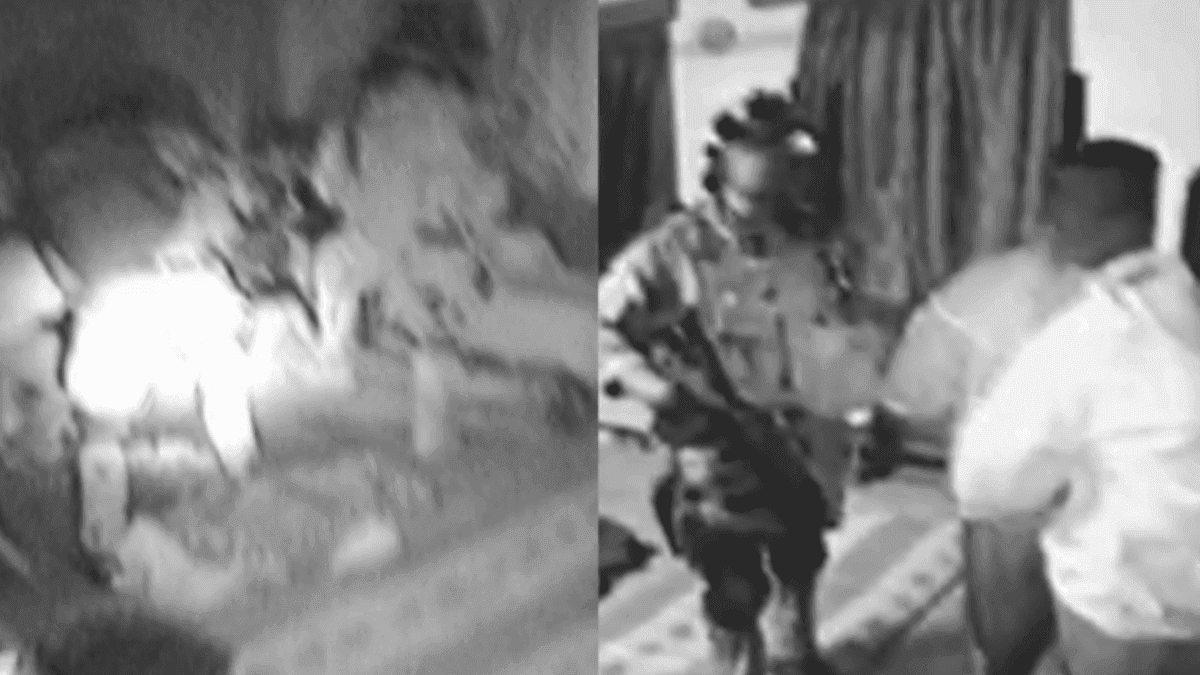
- Former SAS and SBS soldiers told BBC Panorama that unlawful killings of civilians and detainees were routine during UK operations in Iraq and Afghanistan.
- Veterans alleged a culture of violence, institutional awareness, and cover-ups by senior officers.
- The Ministry of Defence pledged cooperation with an inquiry, which is now expected to examine over a decade of operations.
Former members of the UK’s Special Air Service (SAS) and Special Boat Service (SBS) have publicly accused their units of committing war crimes in Iraq and Afghanistan.
The allegations were broadcast on BBC Panorama on 12 May, marking the first time such claims have emerged from within the ranks of UK Special Forces. More than 30 eyewitnesses described routine unlawful killings during operations spanning over a decade.
Accounts of unlawful killings
One SAS veteran recalled witnessing a colleague fatally shoot a handcuffed child in Afghanistan, describing him as “clearly a child, not even close to fighting age.”
Another veteran recounted how detainees were routinely executed while restrained. In some cases, firearms were allegedly planted near the bodies to create the impression of armed resistance.
A former SBS member described operations where wounded individuals were deliberately killed, and soldiers checked bodies to ensure no survivors remained. He condemned the “mob mentality” within the unit, which he said normalised “barbaric” behaviour.
According to testimonies, troops also targeted individuals previously detained and released, often killing them without attempting to capture. One veteran described raids where “everyone in a building” was shot, including those asleep.
Institutional awareness and alleged cover-ups
The testimonies suggest that senior officers were aware of such practices. Veterans alleged that commanders helped falsify reports to avoid scrutiny, structuring documents in ways that prevented Royal Military Police investigations.
The BBC also reported that Afghan President Hamid Karzai repeatedly warned then-Prime Minister David Cameron about UK Special Forces killing civilians. A spokesperson for Lord Cameron dismissed suggestions of a cover-up as “total nonsense.”
Alleged culture of violence
Panorama’s investigation highlighted claims of a competitive and violent culture within UK Special Forces.
Some soldiers allegedly kept personal kill counts and competed for higher numbers. One individual was described as “notorious” for dozens of killings in a single six-month deployment. Another account alleged that a soldier slit the throat of an injured man to “blood his knife.”
Veterans said this behaviour created a pervasive sense of impunity. “Everyone knew” what was happening, one SAS veteran remarked, adding that some soldiers were “intoxicated by killing.”
Ministry of Defence response
The Ministry of Defence (MoD) declined to address specific allegations but reiterated its support for the ongoing public inquiry.
“The Ministry of Defence remains committed to cooperating fully with the inquiry and urges any veterans with relevant information to come forward,” a spokesperson said.
Bruce Houlder KC, former director of service prosecutions, stressed the importance of investigating the chain of command. “We need to know how far up awareness of these actions went. Was the government fully informed?” he asked.
Scope of the inquiry
The current public inquiry, led by a senior judge, was initially tasked with examining a three-year period of SAS operations. However, the new testimonies suggest that misconduct extended for more than a decade and implicates both the SAS and SBS.
The inquiry is expected to assess whether the alleged killings were isolated incidents or part of a broader systemic pattern. Its findings could have far-reaching implications for the accountability of UK Special Forces and their commanders.


